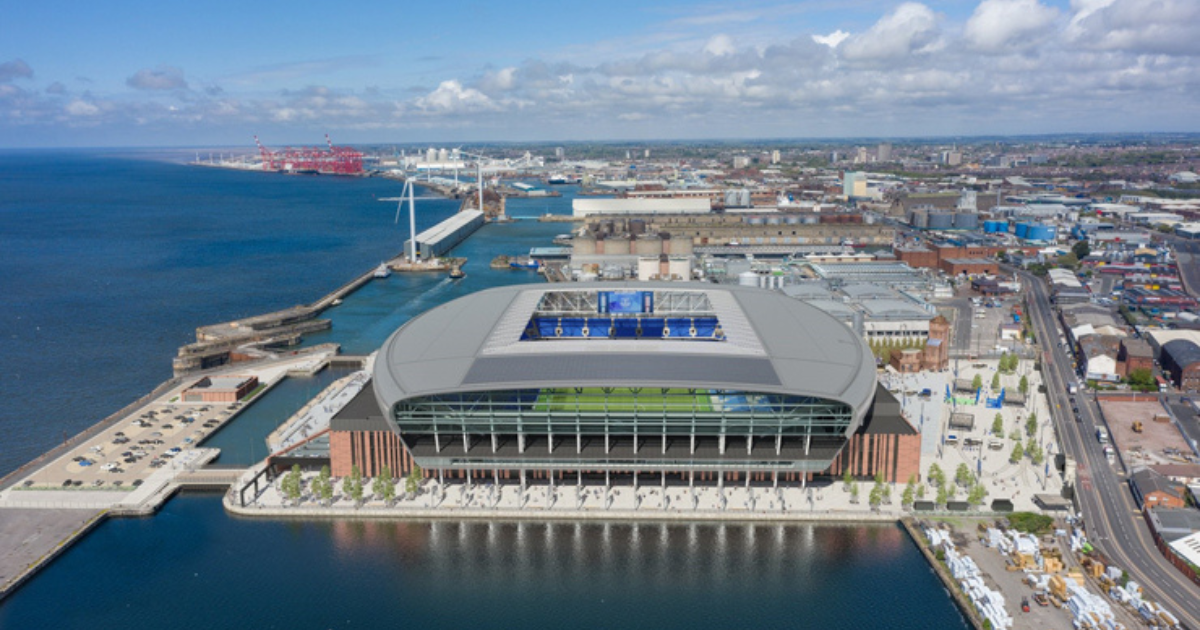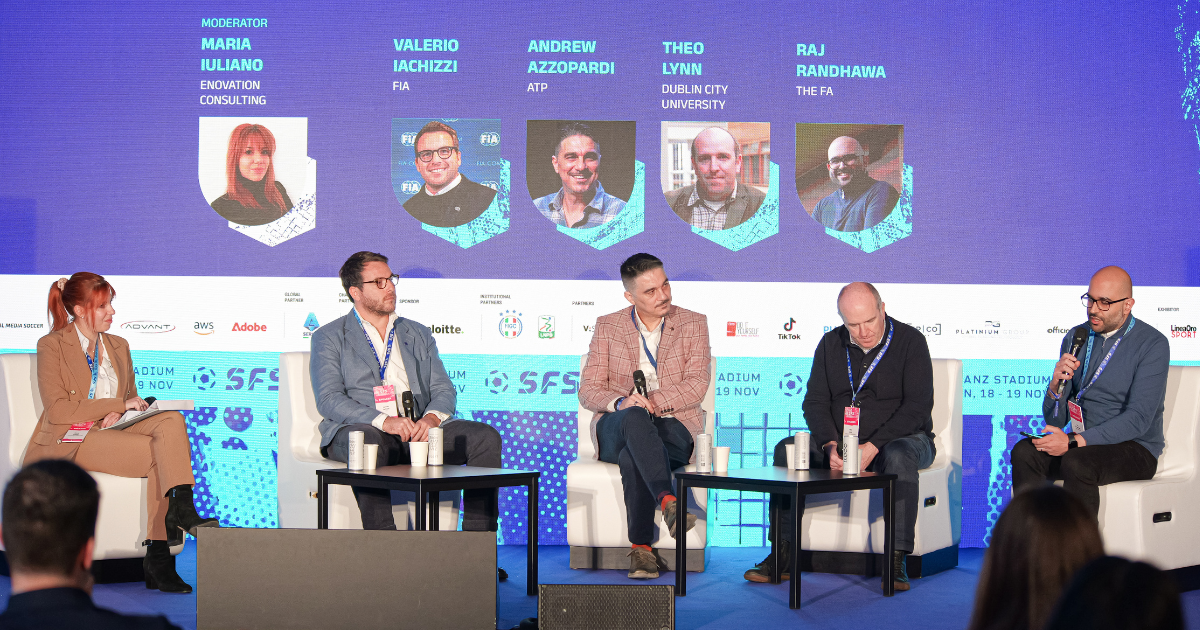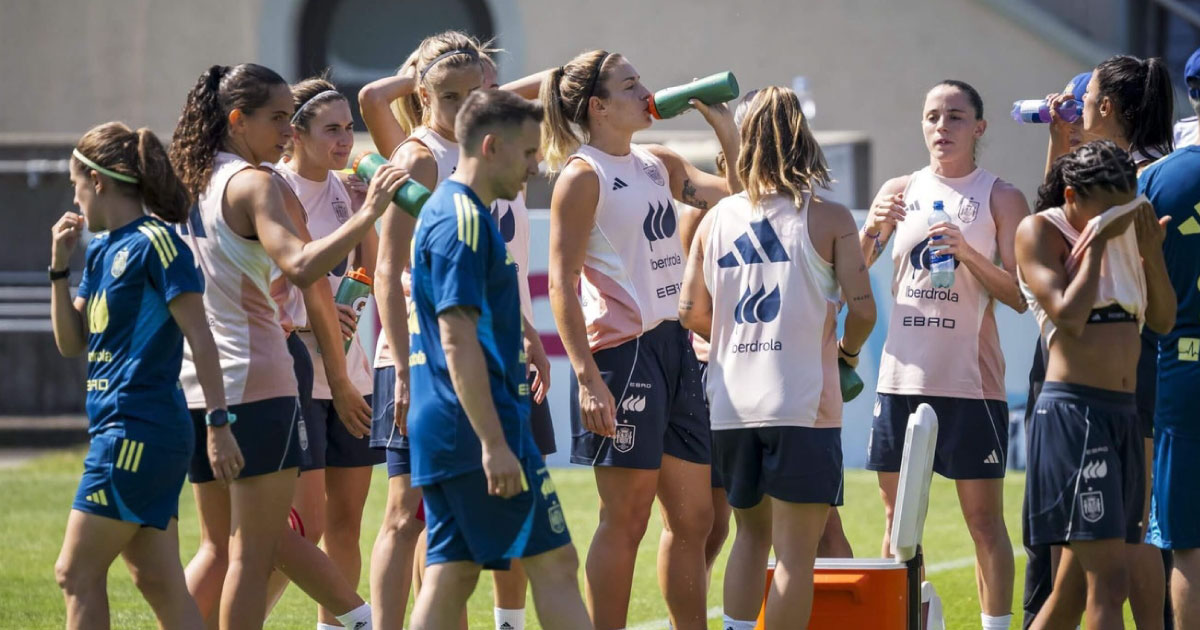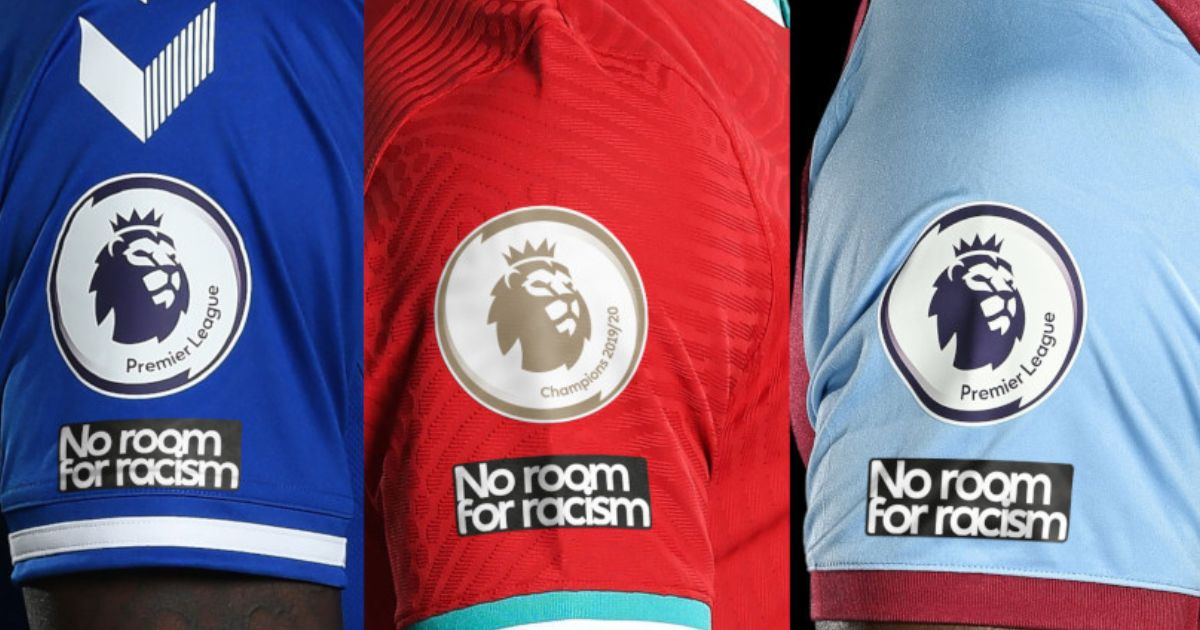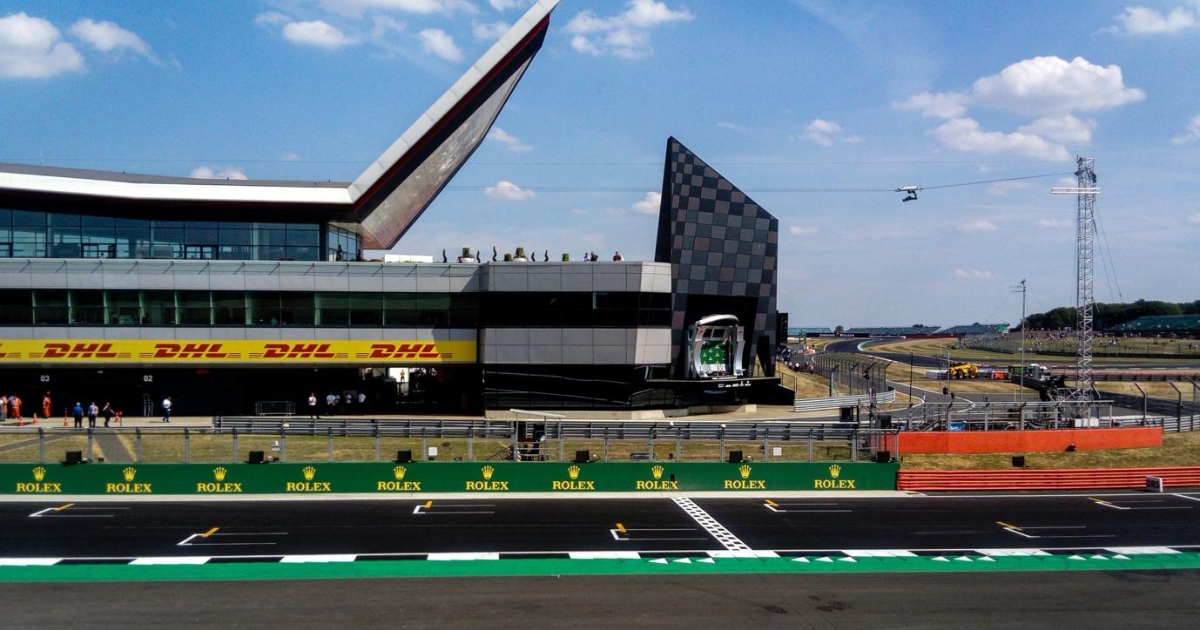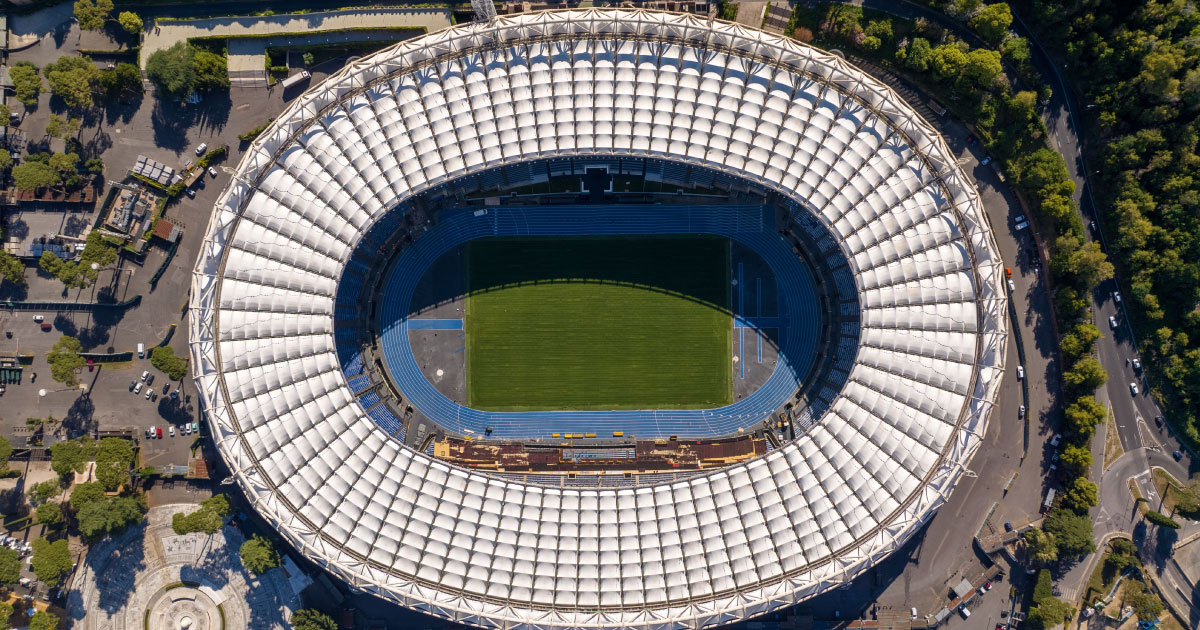Sustainability is no longer an afterthought in football: it’s becoming part of the very blueprint of how clubs, architects, and communities think about stadiums. At a recent panel, representatives from Populous, Fulham FC, and Everton FC shared how they are translating ambition into action.
Populous, the global design company behind many modern stadiums, explained how environmentally responsible design starts at the very foundation. From energy-efficient systems to sustainable materials, the goal is to create venues that not only reduce carbon impact but also remain vibrant hubs for fans and local communities.
From Premier League, Fulham FC shared how these ideas are brought to life on match days. The team is actively working to improve energy efficiency, encourage low-carbon travel, and develop partnerships that help reduce its ecological footprint. Sustainability is becoming part of the rhythm of daily operations, shaping how the club engages with fans and its surrounding community.
Everton FC offered a glimpse into the new Hill Dickinson Stadium, designed with environmental considerations at every stage. From electric vehicle charging points to bicycle facilities and energy-conscious construction, the stadium shows how infrastructure can be both modern and responsible.
Together, these perspectives highlight that sustainable football is a collaborative effort. It’s not just about buildings or policies, but about connecting clubs, designers, and communities in ways that make every match day more responsible. While fully net zero matches are still on the horizon, these steps show that the dream is already moving closer to reality.
Sustainable Stadiums in Football: How Clubs and Designers Are Making an Impact
Sustainability is no longer an afterthought in football: it’s becoming part of the very blueprint of how clubs, architects, and communities think about stadiums. At a recent panel, representatives from Populous, Fulham FC, and Everton FC shared how they are translating ambition into action. Populous, the global design company behind many modern stadiums, explained how environmentally responsible design starts at the very foundation. From energy-efficient systems to sustainable materials, the goal is to create venues that not only reduce carbon impact
Beyond the Screen: How Sport and Research Join Forces Against Hate Speech
Online hate speech has become a growing challenge in today’s digital world, and sport, with all its passion and visibility, often feels its impact most intensely. This shared concern brought together representatives from the FIA, the ATP, the Football Association, and Dublin City University at the 2025 Social Football Summit in a dedicated panel, where each offered insight into how their organisations are working to create safer and more respectful online spaces. The FIA opened the conversation by highlighting its collaborative
Heat and climate change in the 2025 summer of sport
Extreme temperatures defined the summer 2025 events, prompting heat safety measures for both players and fans. Hydration strategies helped reduce health risks. Prioritizing both sustainability and safety, organizers promoted water refilling stations and minimized plastic waste while ensuring the wellbeing of spectators. As climate change drives temperatures higher, extreme heat is becoming a defining challenge for the world of sports. The summer of 2025 showcased just how disruptive soaring temperatures can be, affecting athletes’ performance, fan safety, and event operations alike. At Wimbledon 2025, temperatures climbed to an uncomfortable 32–34°C during the first
Online hate speech in sports: an increasingly urgent challenge
Article written by Enovation Consulting From racism against football players to prejudice towards women: how sports organizations are trying to address a growing phenomenon. In recent years, with the widespread rise of social media, online hate speech has become an increasingly concerning issue, particularly in the world of sports. Digital platforms like Twitter, Instagram, and TikTok have revolutionized the way fans engage with athletes and sporting events. These platforms have helped bridge the gap between athletes and supporters, creating opportunities for connection, inspiration, and real-time
THE 2025 COPPA ITALIA FINAL HIGHLIGHTS SUSTAINABILITY BEST PRACTICE
After the inaugural edition of the “Road to Zero” project in 2024, Lega Serie A, Sport e Salute, Roma Capitale and Roma Servizi per la Mobilità, with the support of UEFA, continued their commitment to sustainability during the 2024/2025 Frecciarossa Coppa Italia Final. The final hosted AC Milan and Bologna FC at the Stadio Olimpico in Rome on the 14th May 2025 and saw the implementation of several initiatives in alignment with last years’ “Road to Zero” ESG (Environmental, Social and Governance) framework. The “Road to Zero” ESG framework was
Silverstone’s Shift to Zero and best practice for F1 GP circuits
Renewable energy, fan experience, food surplus and waste management—these are just a few of the many initiatives taken by Silverstone Circuit as part of their ambitious Shift to Zero strategy that aims to reduce their carbon footprint by 50% by 2030 and reach net zero by 2040. With the British GP approaching this weekend July 5th - July 7th, we believe it’s important to share Silverstone circuit’s achievements in their sustainability journey, and use its example to hopefully inspire other sport’s
Establishing a Framework for Sustainable Event Management in Sport
By Enovation Consulting The popularity of sports and increased spectatorship has resulted in the organization of much larger events to accommodate and capitalize on this growth. Thanks to their size and the scope to make events more entertaining by offering added amenities and extra activities, sporting events have a significant environmental impact and social influence. For instance, a 2020 report found that the sport industry was responsible for 350 million tCO2e, whilst the BBC noted that the 2022 Qatar World Cup



